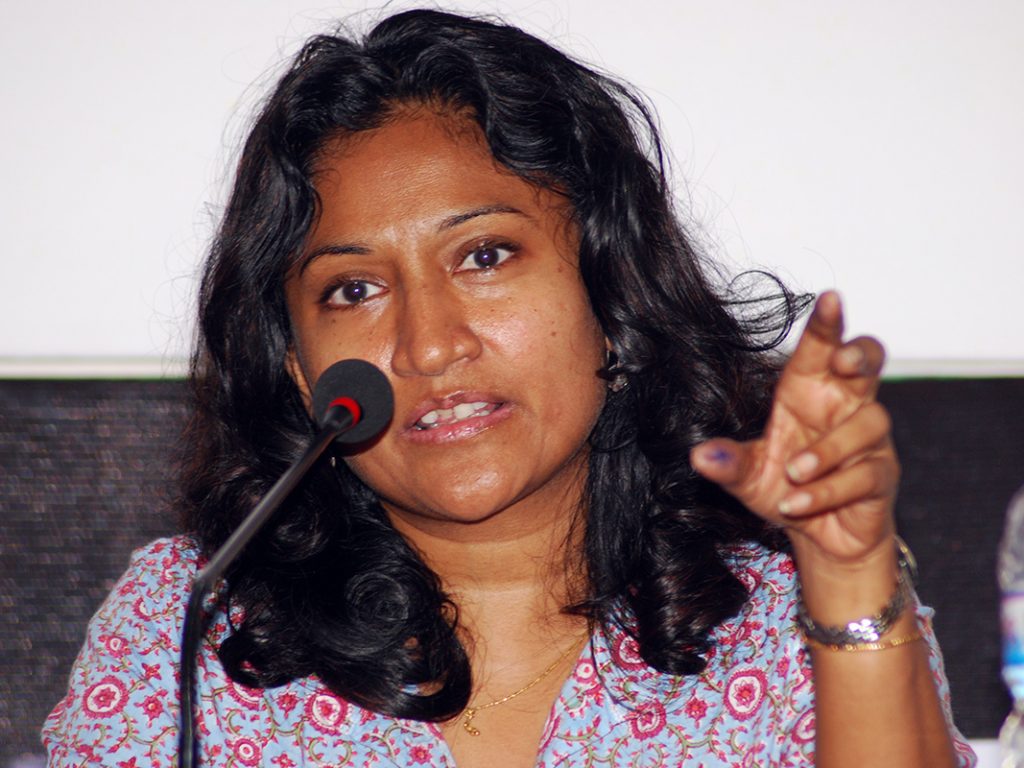Lecture Series
Challenges Of Sustainable Peace Building And Demilitarizing Development In Post-Conflict Sri Lanka: One Year After The War

Darini Rajasingham-Senanayake
on
Challenges of Sustainable Peace Building and Demilitarizing Development in Post-conflict Sri Lanka: One Year after the War
Few imagined that peace would dawn in Sri Lanka in the spotlight of the international media amid Tamil Diaspora protests in major world capitals, from Delhi to London and Toronto, on May 28, 2009. Experts had predicted that the war in the island, one of South Asia’s longest, would drag on for many years. The comprehensive defeat of the Liberation Tigers of Tamil Eelam (LTTE), listed as one of the world’s deadliest terrorist organizations, by the government’s armed forces in the tiny multicultural and multi-religious teardrop island strategically located at the cross roads of major trade routes in the Indian Ocean is now viewed as a test case. Increasingly international conflict and peace experts see Sri Lanka as a model to fight ‘terrorism’ in South and South East Asia, including Afghanistan and Pakistan. Yet, rarely have such long drawn, low-intensity, globally net-worked and locally embedded conflicts come to so conclusive an end. Every conflict is different, and in other parts of South Asia ‘terrorism’ seems unlikely to wind down so efficiently.
One year after the end of armed violence in Lanka, this lecture would assess prospects for sustainable peace, security, state transformation, and ethno-religious reconciliation. It is often the case that unless the ‘root causes’ of conflict are addressed, rebel groups may re-group years or decades later as happened in the past in Nepal and Indonesia.. Though the war in Lanka is over, the identity conflict that preceded it may persist in different forms until issues of power sharing with the regions due to over-centralisation of state institutions, and erosion of democratic governance are addressed. The current regime’s preferred model of peace-building appears to be fast-tracking economic development and reconstruction as a solution to the conflict in Sri Lanka along the lines of authoritarian democracy visible in countries like Singapore and Malaysia, where the state’s emphasis on economic development has trumped and muted ethno-religious identity conflicts. This strategy may work in the medium term, until a comprehensive plan for devolution of power to the north-east regions is worked out. But there is need for de-militarisation of post-conflict development in the north-east and in the longer term, there would be need for the implementation for devolution of power particularly to the regions where Tamil-speaking minority communities predominate— in the north and east. The Diaspora and international community that is demanding a war crimes investigation would need to be engaged and multiculturalism instituted at the centre, where Sinhala Buddhist culture is currently hegemonic.
* * *
Listen to or download lecture in audio format
Darini Rajasingham-Senanayake received her Bachelor’s Degree from Brandeis University, and her MA and PhD are from Princeton University. She is an anthropologist based at the Social Scientist’s Association in Colombo. She was formally a Senior Lecturer at the Department of Social Studies, Open University of Sri Lanka. She has written and published extensively on state-building, multiculturalism, migration, and identity politics, as well as gender in development and peace-building. She is the co-editor of Building Local Capacities for Peace: Rethinking the Conflict and Development Nexus in Sri Lanka and co-author of Ethnic Futures: The State and Identity Politics in Asia. Her recent research is on developmentalism, and the political economy of reconstruction and reconciliation.
(This lecture was organised in collaboration with Martin Chautari.)
